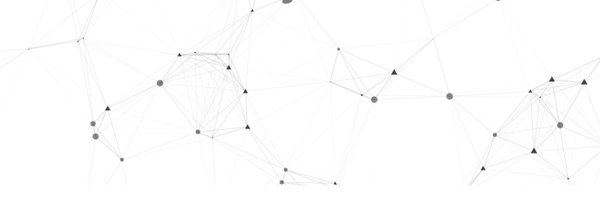Whereas Mikhail Gorbachev granted his people freedom and suffered a crushing personal defeat, Vladimir Putin is doing exactly the opposite, says a leading analyst.
Putin, whose greatest fear is pressure to pursue a “perestroika 2.0.” Gorbachev granted his people freedom and suffered a crushing personal defeat. Putin – who has been busy setting himself up to remain president until 2036 – is doing exactly the opposite, according to Andrei Kolesnikov, a senior fellow and Chair of the Carnegie Moscow Center’s Russian Domestic Politics and Political Institutions Program.
But rejecting perestroika’s legacy will deal Putin a hidden defeat, Carnegie’s Kolesnikov writes for Project Syndicate:
The current coronavirus crisis is demonstrating the extreme inefficiency of a non-democratic and bureaucratic capitalist state, and has revealed that society is not united by conservative and nationalistic values. Russians are much more pragmatic: they want a state that can reliably provide basic services. In this sense, Putin’s authoritarianism is failing, and the legacy of Gorbachev, who willingly or unwillingly gave Russia freedom, will be redeemed in the long run.
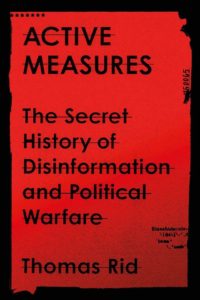 Condoleezza Rice, who served as a National Security Advisor and Secretary of State under President George W. Bush, talks with Jane Pauley of CBS News (above) about her long fascination with the Soviet Union. She also discusses growing up in Alabama during the Civil Rights movement, and her book, “Democracy: Stories from the Long Road to Freedom.”
Condoleezza Rice, who served as a National Security Advisor and Secretary of State under President George W. Bush, talks with Jane Pauley of CBS News (above) about her long fascination with the Soviet Union. She also discusses growing up in Alabama during the Civil Rights movement, and her book, “Democracy: Stories from the Long Road to Freedom.”
Despite attempts to distance himself from the crisis by delegating difficult decisions to his regional governors, Mr Putin’s approval rating has fallen to a six-year low. One measure of public trust in him is at 28 per cent — the lowest since 2006 — just 18 months before Russia’s parliamentary elections, the Financial Times reports.
“It is increasingly evident that Russia’s highest political leadership underestimated the risks of Covid-19 and failed to contain the disease at the early stages,” says Andrius Tursa, an analyst at political risk consultancy Teneo. “To divert potential criticism for mishandling the crisis, the Kremlin is using the regional governors as scapegoats . . . The effectiveness of such tactics, however, appears to be limited so far,” Tursa tells the FT:
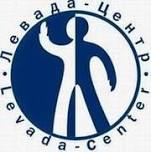
Levada
According to the Levada Center, Russia’s sole pollster independent of the state, Mr Putin’s approval rating fell to 63 per cent in March, down from 69 per cent in February. While exceptionally high for a European politician, Mr Putin has almost no political opponents, and it is well below the ratings in the high-80s he enjoyed between 2014 and 2018. The state-run VTsIOM found in a recent survey that just 28 per cent of respondents named Mr Putin when asked which politicians they trusted.
“It is not so much the pandemic itself that affects [ratings], but the resulting economic problems,” says Denis Volkov, Levada Center’s deputy director. “People are afraid of losing their jobs, they are afraid of wage cuts, and they expect a fall in living standards. These fears are now the most important.”
“We see that regarding [support for] Putin and his government as a whole there is a division in society between those who are active, urban and more modernised, and older people,” says the Levada Center’s Mr Volkov. “I think that this divide will deepen.”

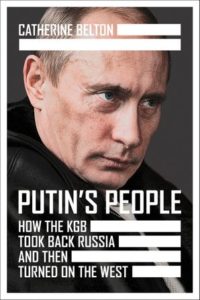 During the covid-19 crisis, Russia’s authoritarianism is on full display,
During the covid-19 crisis, Russia’s authoritarianism is on full display,  Russian intelligence officers have
Russian intelligence officers have 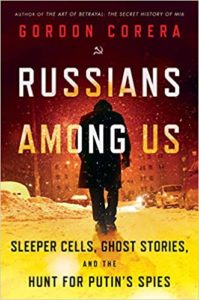 “Spies — the threat of foreign ones and the successes of Russia’s own — would be a defining theme for Vladimir Putin,” Gordon Corera writes in his excellent new book, “
“Spies — the threat of foreign ones and the successes of Russia’s own — would be a defining theme for Vladimir Putin,” Gordon Corera writes in his excellent new book, “